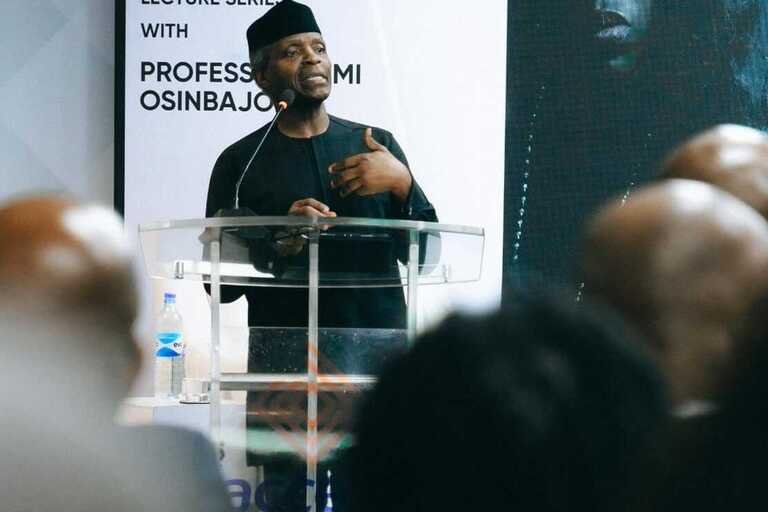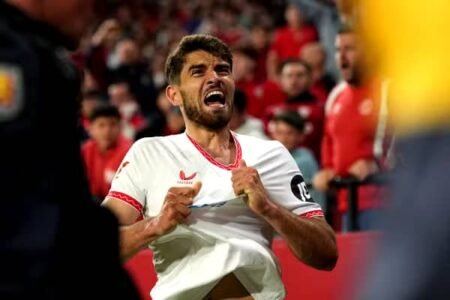
Principal foes in the Libyan strife have committed to a conditional ceasefire and to work towards holding elections next year in talks chaired by French President Emmanuel Macron on Tuesday.
Libyan Prime Minister Fayez al-Serraj and the divided country’s eastern commander Khalifa Haftar met in Paris today.
Past attempts at peace deals in oil-producing Libya have often been scuttled by internal divisions among the myriad of competing armed groups that have emerged since rebels toppled strongman Muammar Gaddafi in 2011.
“We commit to a ceasefire and to refrain from any use of armed force for any purpose that does not strictly constitute counter-terrorism,” the rivals said in a rare statement agreed in the second encounter between the rivals since talks in Abu Dhabi in May that produced little concrete progress.
Serraj and Haftar agreed to work to hold elections as soon as possible under U.N. supervision, the document added. Macron said they had agreed on spring next year.
Western governments are pushing a U.N.-backed political agreement to unify the country under which Serraj’s Tripoli-based government was installed. One key sticking point has been the role Haftar could play and who would control Libya’s army.
“There is political legitimacy. That is in the hands of Mr al-Serraj. There is military legitimacy – that of commander Haftar. They have decided to act together. This is a powerful act,” Macron told reporters after the two Libyan rivals shook hands, smiling, in front of cameras.
“They have the legitimacy and capacity to gather around them all those who want to be involved in a political process of reconciliation and construction of peace.”











